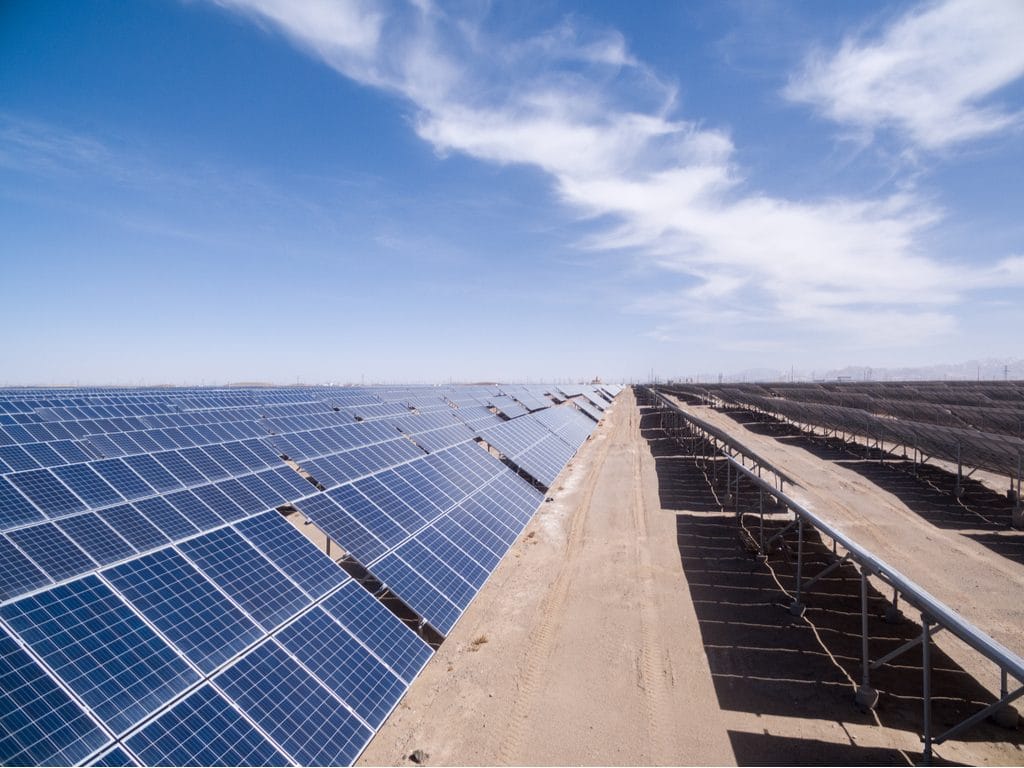The Nigerian government wants to provide electricity to 50 villages in the country. To accomplish this, the country has recently signed a cooperation agreement with Exim Bank of India for the construction of photovoltaic solar power plants in the country. The Indian Bank has committed itself to paying 2.9 billion CFA francs, equivalent to about 5 million dollars, to finance the project, which is part of the rural electrification project based on photovoltaic solar energy. The work will be carried out by Super solar energy, a company based in China, specialised in the design of solar farms and panel assemblies (grid-connected or off-grid systems).
In Niger, only 12.2% of the population has access to electricity. In addition, this West African country remains heavily dependent on Nigeria for electricity, with close to 80% of its consumption being produced in this neighbouring country. Nigeria provides Niger with 75 MW of electrical power. However, Niger has a significant potential for green energy, particularly for solar energy and hydroelectricity, the latter having a natural advantage offered by the Niger River.
Niger also plans to achieve a 25% electrification rate by 2021 and this may be the reason why projects to provide electricity to households have flourished in recent months. In 2018, Niger inaugurated a solar photovoltaic power plant in Malbaza (Chua region in the south-central part of the country). With a capacity of 7 MW, its construction cost $24.7 million, financed with the support of India.
More recently, on December 10, 2019, Nigerian Prime Minister Brigi Rafini received in audience the director of Hectare Energy, an American company, who suggested the idea of implementing collaboration with Niger in the energy sector. “We would like to bring our expertise and financing opportunities for solar and energy projects to Niger,” he said.
Luchelle Feukeng
